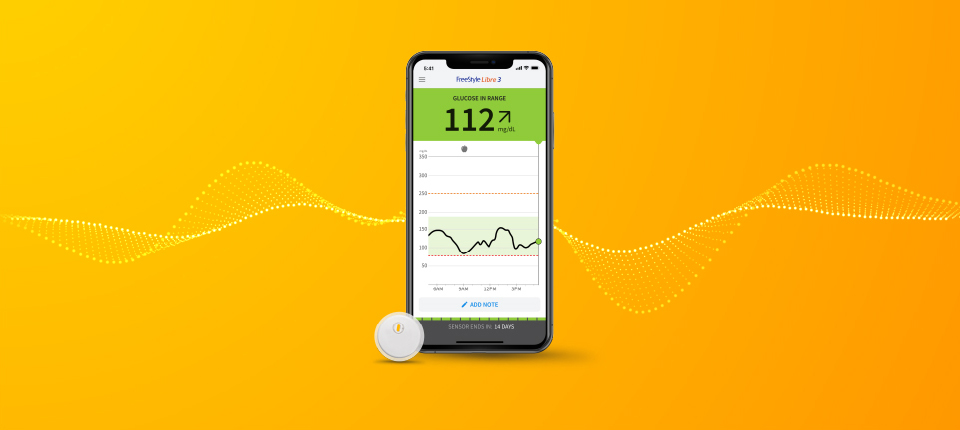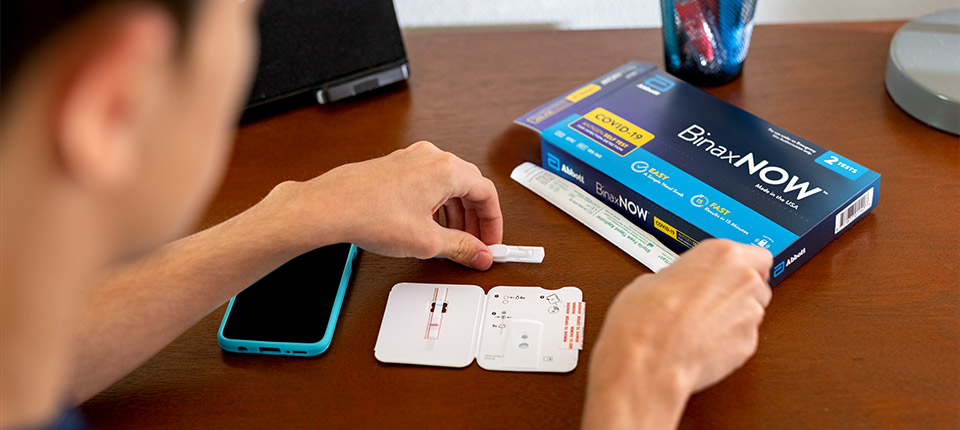Music is good for the soul. And music therapy may be a viable answer for those with Parkinson's disease and other movement disorders.
People living with Parkinson's disease typically experience tremors in the limbs and face, body stiffness, and difficulty moving quickly, with the disease sometimes contributing to depression and anxiety, as well.
But there's hope. And it comes from a stereo.
Studies have shown that music may actually help with the movement and emotional aspects of Parkinson's disease. One study published in Frontiers of Neurology notes that playing and listening to music may be beneficial.
How? Rhythm may amplify the link between listening and movement, with improvements seen in step length and timing, coordination, balance and posture. And because music has such a strong effect on emotions and may be used as a medium for expression, it also holds the power to uplift.
Another study by Dr. Daniel J. Levitin and Dr. Mona Lisa Chanda found music has the ability to boost immune system function while reducing stress, reports the American Psychological Association (APA).
That's not all.
You know how music can be relaxing? The doctors also found listening to and playing music led to a decreased production of stress-inducing cortisol (a steroid hormone) and an increased production of cells that make your immune system more effective and impede viruses entering the body.
How can those living with Parkinson's disease benefit from music?
1. Feel the Vibration
The APA reports on research conducted by Dr. Lee Bartel, a University of Toronto music professor. Bartel notes how music is rooted in vibration — one reason a type of music therapy called "vibroacoustic therapy" is so beneficial to people living with Parkinson's disease. The vibration can be heard and felt. Dr. Bartel says research shows it may lead to decreased body stiffness, reduced tremors and longer strides.
Which means you don't have to be Meghan Trainor to be all about that bass.
2. Attend Concerts
Yes, something as fun as going to a concert may also be used for therapy. Get some gigs on the schedule and reap the benefits of music. Remember, in the warmer months many parks and museums around the country host free shows! Plus, it's likely that some local restaurants and bars have an open mic night. You can ask your local tourism board or business improvement district for a calendar of events.
3. Find a Group
Not only do music groups help you find your rhythm — literally — but they may help you feel less isolated and ease anxiety. Contact the American Music Therapy Association at their email findMT@musictherapy.org for assistance finding a therapist or group that's right for you, or peruse the website Meetup.com in your area to see if there's a match. Check the American Parkison Disease Association's nation-wide community portal to locate a chapter in your community for assistance.
4. Get Singing
One eight-week trial that looked at 27 people with Parkinson's disease who attended group singing sessions once or twice a week noted significant improvements in their "pitch duration, vocal loudness and swallow control," according to Medical News Today. As the disease is degenerative, taking part in voice lessons or regular singing is thought to help slow down its progression.
Don't worry if you don't know an E flat from a C major.
There are plenty of singing groups that welcome all levels. Or, if you'd rather not share your musical talents (or lack of) with the world, singing while doing the dishes or taking a private lesson works, too!
5. Make a Schedule
What's important when incorporating any therapy into your life is making it a regular part of your life, at least once per week, more often if possible. Luckily, music therapy is one of the most enjoyable therapies out there, so writing it on the calendar should give you something to look forward to.






FOLLOW ABBOTT